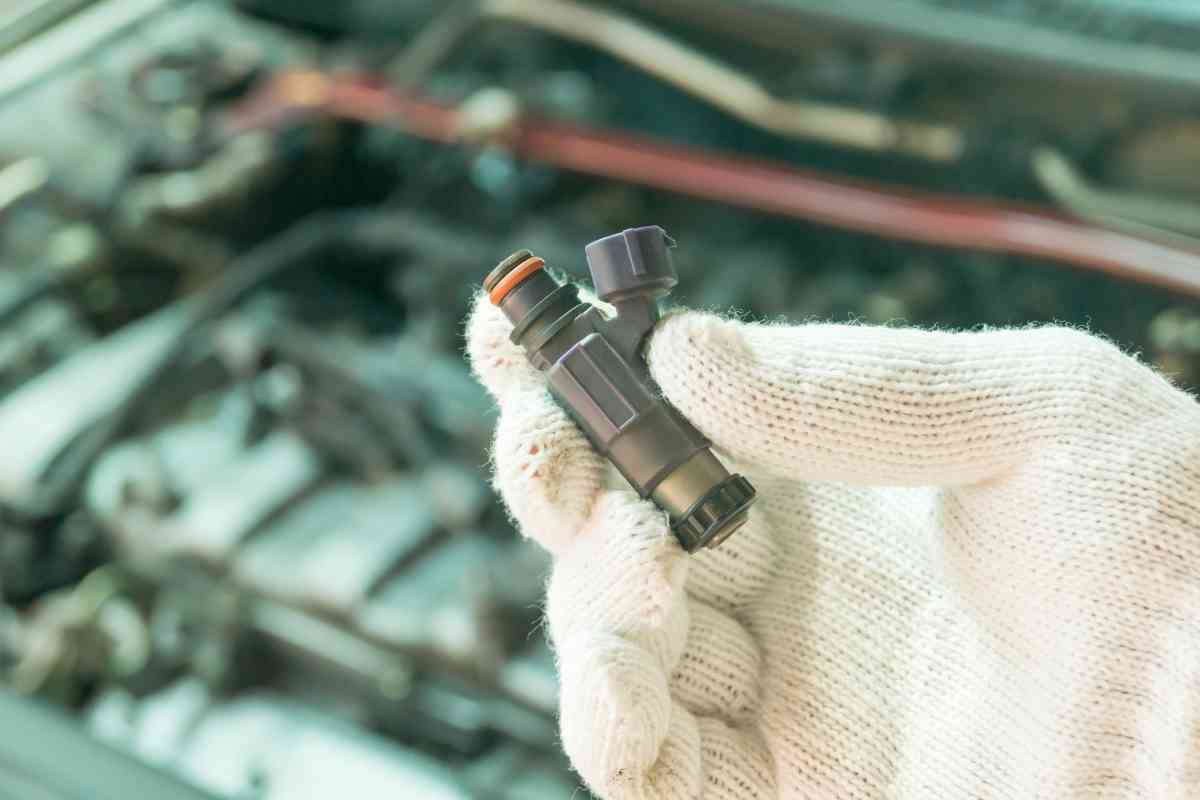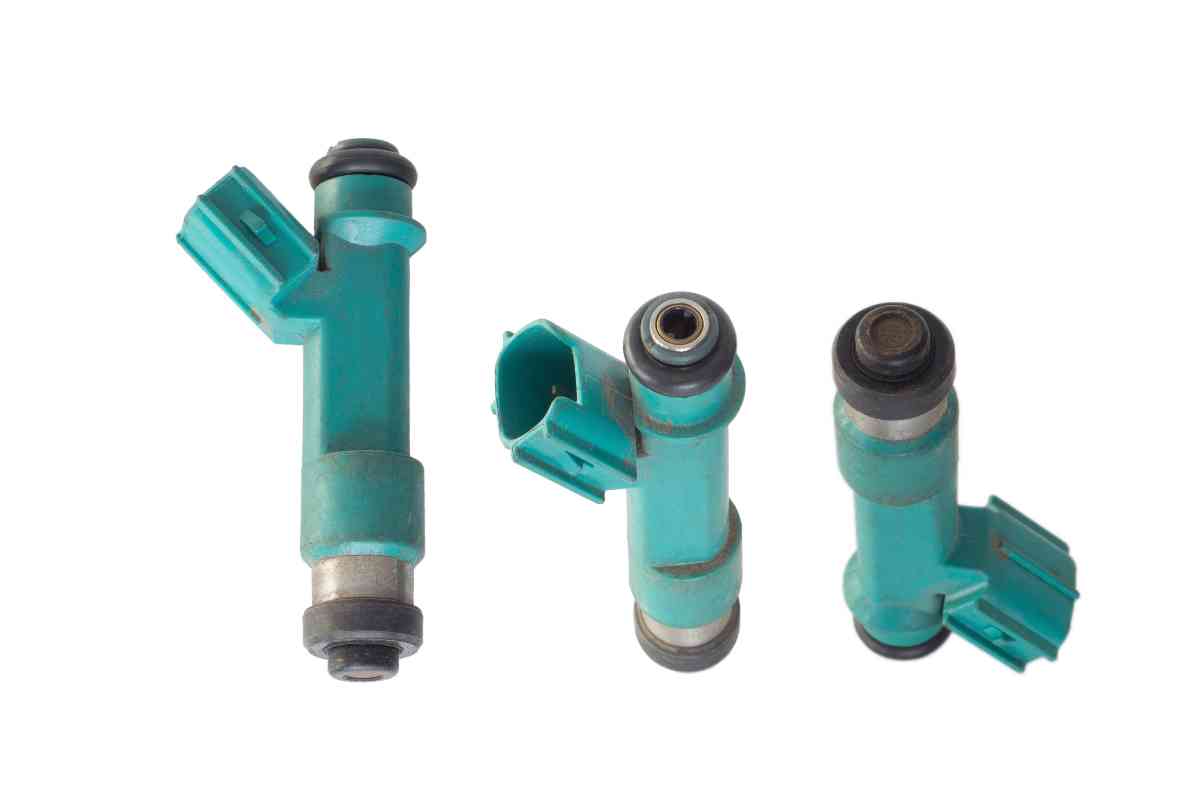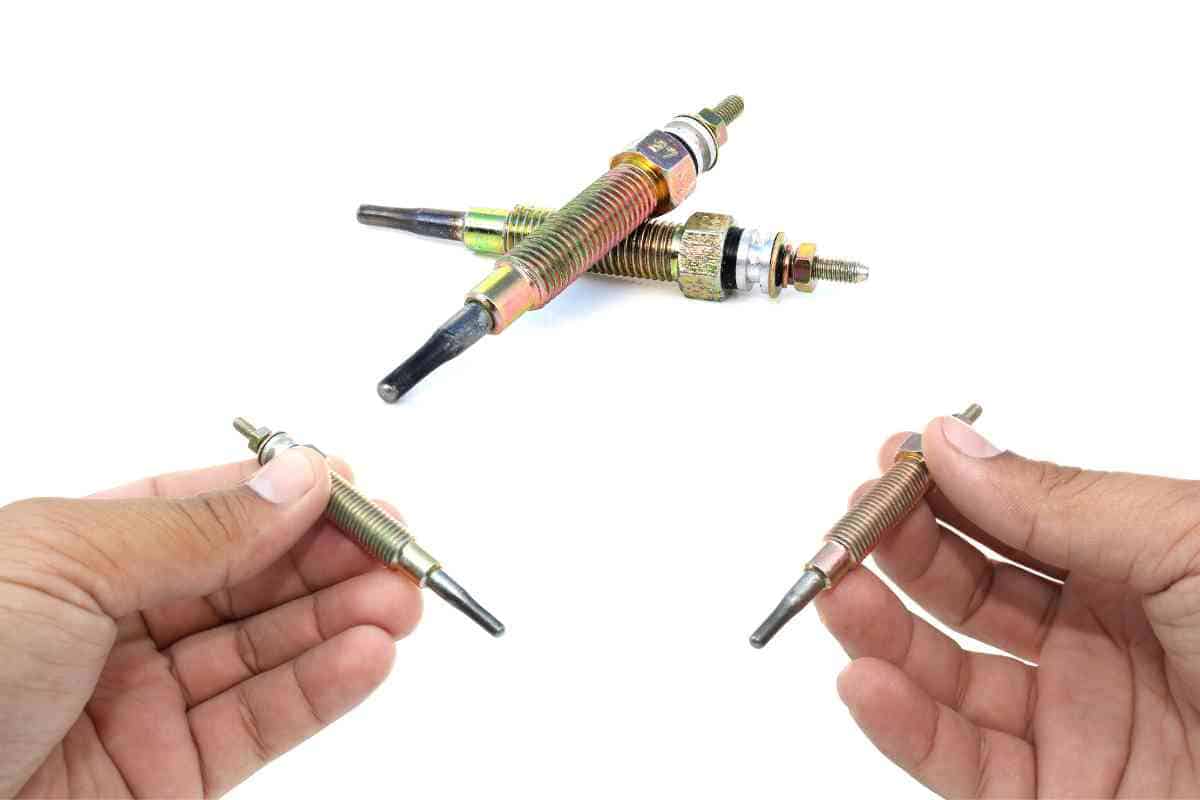Breaking-In Your New Fuel Injectors: How Long Does It Take?
In modern automotive systems, fuel injectors are an essential part. Whether or not fuel injectors have break-in periods is a topic of discussion.

Do fuel injectors have a break-in period?
Fuel injectors have a break-in period, but they are not specific. The engine system utilizes oil pump enrichment and fuel injector programs. Therefore, these two programs’ break-in periods are independent of each other and rely on the engine’s run time.
Having interviewed over three automotive mechanics, one common thing they told me is that the engine procedures must run regardless of the fuel injectors’ break-in periods.
Fuel Injectors Break-In Period

The fuel injection system is paramount in controlling the engine’s emission. This system significantly influences the engine as it is its role to deliver fuel to the internal combustion engine.
Fuel injectors do not have a specific break-in period because they are designed to be used immediately after installation. However, driving gently after installing new fuel injectors is recommended.
The gentle driving allows any contaminants introduced during the installation process to get cleared out of the system. Alternatively, you can use a specific type of fuel to help flush out any present contaminants.
The fuel break-in phase is the period needed to consume the first fuel tank. Extreme heat build-up during the first three hours damages the closed engine parts. It is advisable to drive at low speeds for these first three hours.
As mentioned earlier, the engine utilizes a fuel injector break-in period and an oil pump enrichment system.
The duration of the break-in periods in these two programs is independent of each other and solely depends on how long the engine will run.
Allowing the engine to run continuously for a few minutes before driving an automobile allows the fuel injector system to stabilize. This ensures that the engine runs smoothly and efficiently whether or not the fuel injectors have had a break-in period.

How Can a Fuel Injector Break-In Period Affect the Engine’s Operation?
Engine operations are greatly affected by fuel injectors break-in periods. Since fuel injectors are essential in delivering fuel to the engine, their failure significantly affects its performance.
There are various reasons why fuel injectors may fail. Below are the most common issues with fuel injectors.
A sudden loss of engine power is an obvious sign of a failing fuel injector. The fuel injector may be clogged, causing an irregular fuel supply.
Drastic fluctuation in the fuel level makes the engine move in surges rather than in gradual and slow movements.
Faulty fuel injectors will not only cause issues while driving but will also cause persistent effects even when the engine is idle. Instead of the engine idle being smooth, it is likely to be irregular and rough with an abrupt fuel supply.
If a faulty fuel injector struggles to disperse fuel to the engine, there comes a time when it completely misses the complete fuel supplies causing the engine to misfire. You can easily feel a misfire while driving.
Whenever a misfire happens, seek immediate repair from a trained automotive specialist.
Reduction in fuel efficiency is another sign of a damaged fuel injector. Reduced fuel efficiency can lead to fuel wastage due to leakages or excessive fuel supply.
Why Is a Fuel Injector Break-In Period Important?
A fuel injector break-in period enhances the operations of the engine. A break-in period is necessary to allow the fuel injector to seat properly and seal in the engine.
Below are some reasons why fuel injector break-in periods are essential:

Improves Fuel Efficiency
During a fuel injector break-in period, the injector may not operate fully. As it wears in, it becomes more efficient, resulting in improved fuel economy.
Reduces Emissions
A well-functioning fuel injector helps reduce vehicle emissions. You may observe reduced emissions over time by allowing the fuel injector to seat and seal fully.
Increases Power Output
As the fuel injector breaks in, it begins to operate more efficiently. Efficient operation leads to an increase in power output from the engine.
Prolongs the Fuel Injector’s Lifespan
By allowing the fuel injector to seat and seal during the break-in period properly, you can assist in extending its life.
Stressing the engine and driving aggressively during the break-in period may cause unforeseen wear and tear on the injector and shorten its lifespan.
Why Do Fuel Injectors Wear Out and Sustain Damage?
Now that you know the importance of break-in periods in fuel injectors, you need to understand why fuel injectors wear out or sustain damage.
Poor Fuel Quality
One major reason why fuel injectors wear out is the utilization of poor fuel quality. If the fuel is contaminated with debris and impurities, these contaminants may get into your fuel injector.
Once the fuel injector is contaminated, it becomes clogged and fails to perform its job properly.
Heat Soak
A heat soak occurs whenever fuel residue evaporates in the fuel injector’s nozzles when the engine shuts off. This phenomenon forms a residue that resembles waxy olefins. The residue sits in the ports when the engine is idle.
The residue accumulates if you drive for shorter periods because the engine cannot wash these deposits out.
Heat soak impacts the operation of fuel injectors. However, gasoline detergents can get rid of heat soak residues.
Engine Blow-By
An engine blow-by occurs when the fuel and oil residue blows past the piston to the crankshaft during compression.
Your truck’s PVC system should be able to out the blow-by. Failure causes the fuel injectors to wear out by clogging them up.
Solenoid Failure
Solenoids create a magnetic field that enhances the fuel injector’s operation. The fuel injector can fail if there is an open or a short in the solenoids.
Leaking and Broken Fuel Injectors
The fuel injector could be broken and leak. If there is a fault in the injectors, they will likely not deliver the proper mix of fuel and air to the engine. This lowers their performance.
Key Takeaways
- Fuel injectors do not have a specific break-in period.
- Faulty fuel injectors impact the engine’s operations.
- Extreme heat build-up during a break-in period can damage close engine parts.
